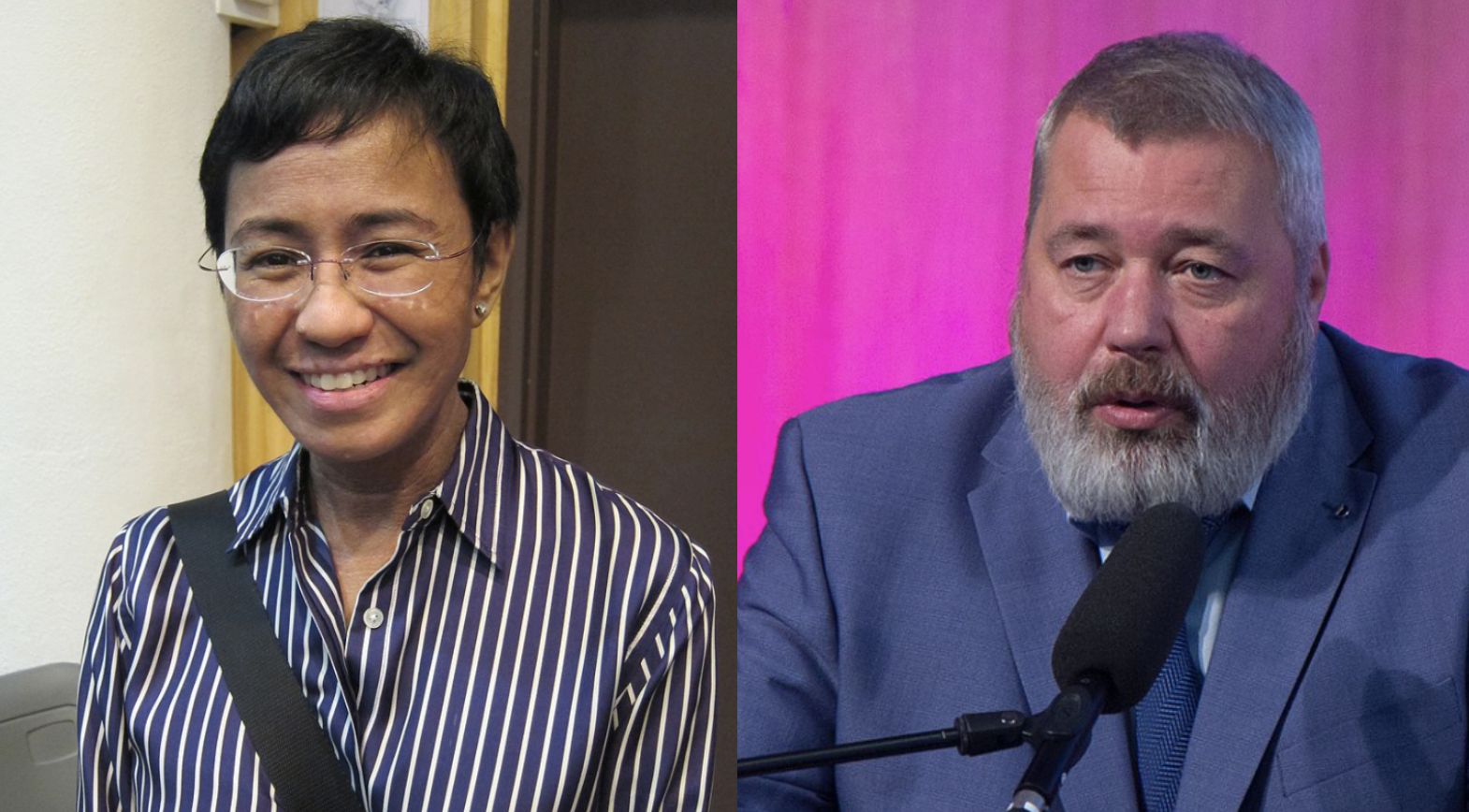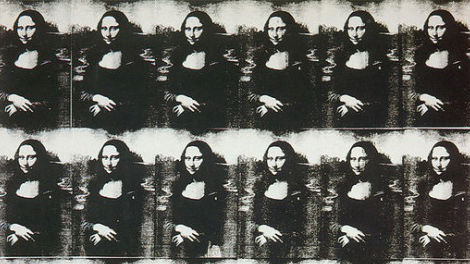Resting in Digital Peace

While most of the high-minded concern over the death of newspapers has been over the quality of future reporting and the role of news in a democratic society, it has mostly ignored one of the social roles a newspaper plays. It’s the place where you read about all the dead people.
Enter Bonnie Bressers from Kansas State University and Janice Hume of the University of Georgia, two professors who set out to study how the Web will change our memory of the dead.
The studied newspapers across the country that put their obits online in a partnership with Legacy.com, and they discovered the collaborative power of the Web is inescapable even in death.
An online obit can reach not only the family and close friends of the deceased but also long-lost acquaintances and total strangers who lost a loved one to the same disease and want to send their condolences.
The Internet also makes death more democratic; women and minorities are underrepresented on the obit page of a paper, the researchers say, but the Web opens the possibility of inclusion.
Of course, we know that online freedom cuts both ways. While professional obit writers pen their stories in the hushed, dignified tones that highlight the best side of a person and no more than hint at the rest, there’s no reason to expect online commenters to be so respectful, and stories that paint the person in a less than flattering light could come out.
Hume and Bressers report that Legacy.com vets some of its comments for “appropriateness,” reducing some of the worry that your gravest misdeeds will follow you beyond the grave.
But is this censorship really a good thing, especially if acknowledging a person’s faults provides the truest picture of them? It would seem the transparency of the Internet would have it otherwise.





